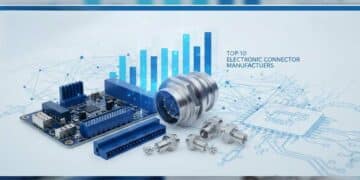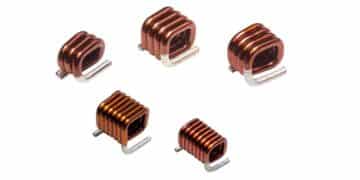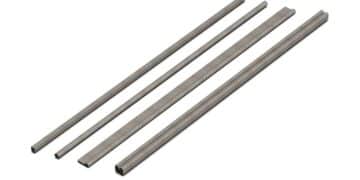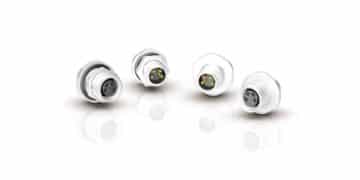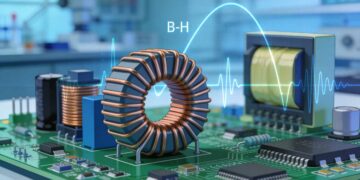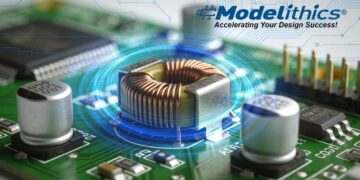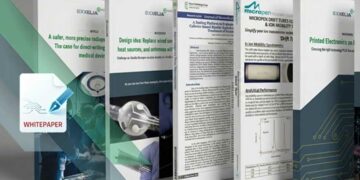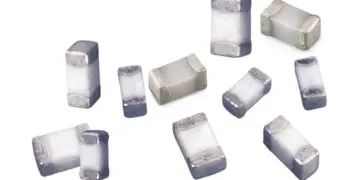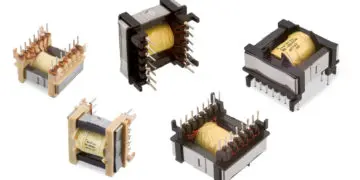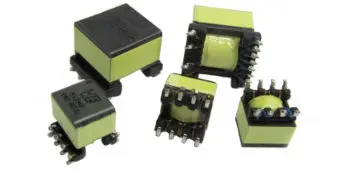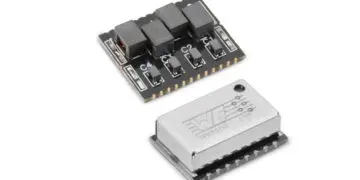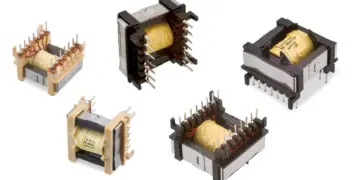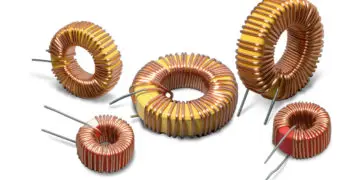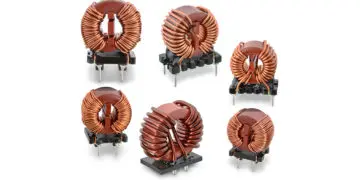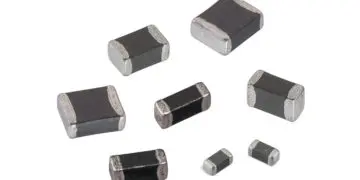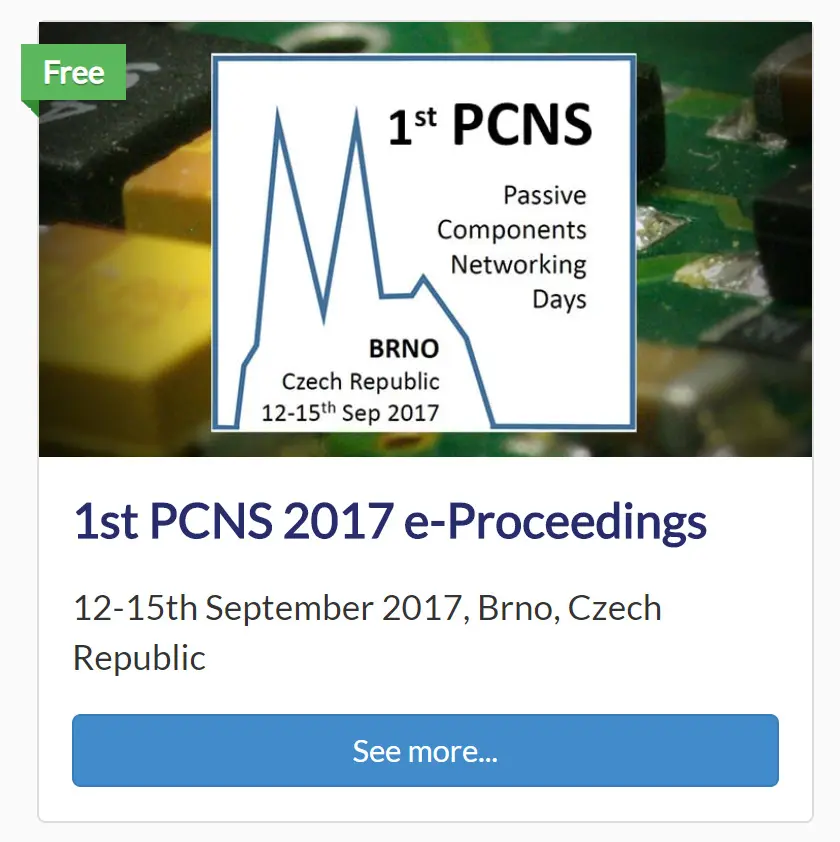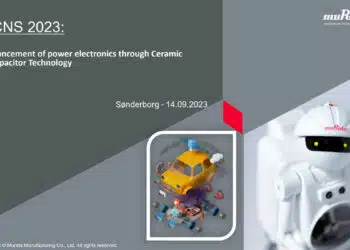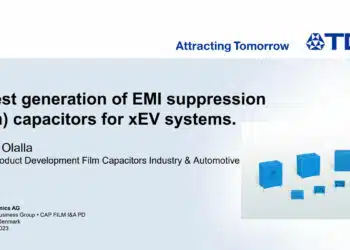Abstract:
Tantalum capacitors have been the preferred capacitor technology in long lifetime electronic devices thanks to the stability of its electric parameters and high reliability. However, long time application of elevated temperature and high electric field can result in capacitor leakage current increase in time. In this paper the effect of ions drift and diffusion at different temperatures on DCL degradation is analysed.
Title: Temperature Dependence of Leakage Current Degradation of Tantalum Capacitors at High Electric Field
Author(s): (1) Vlasta Sedlakova, Josef Sikula, Martin Kuparowitz, (2) Jan Petrzilek
Organisation(s): (1) Brno University of Technology, CEITEC, Technicka 10, 616 00 Brno, Czech Republic
(2) AVX Czech Republic s.r.o., Dvorakova 328, 56301 Lanskroun, Czech Republic
Symposium: 1st PCNS Passive Components Networking Days, 12-15th Sep 2017, Brno, Czech Republic
Reference: paper 6.2. Quality & Reliability Session., PCNS2017 Proceedings Pg.128-136
ISBN: 978-80-905 768-8-9
e-Sessions Applications:
e-Sessions Scope Components: Capacitors
e-Sessions Topics: Quality & Reliability, Measurement & Test
more 1st PCNS symposium technical papers can be viewed and downloaded in pdf from EPCI Academy e-Proceedings:
